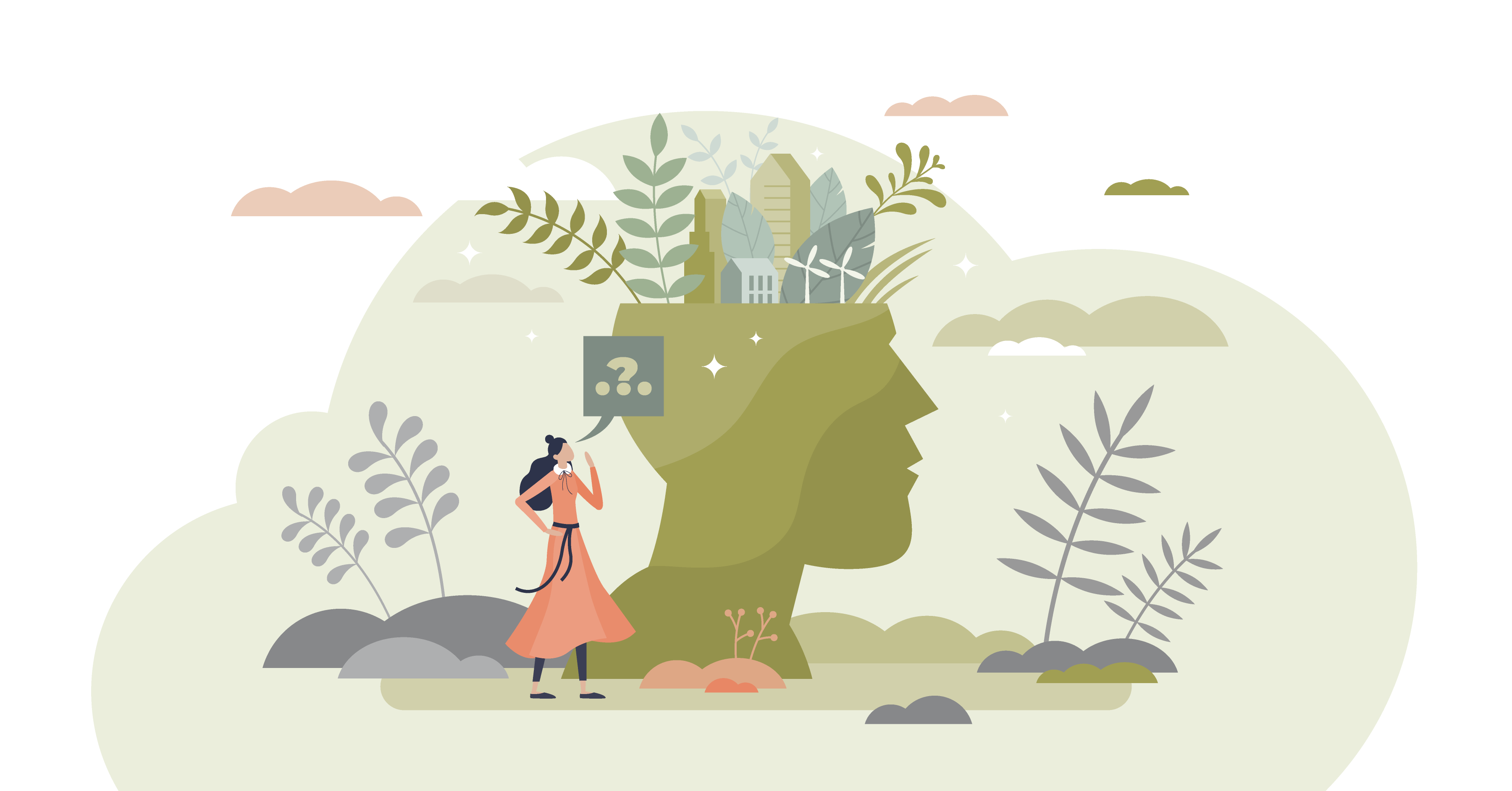Table of Contents
I bought a dictionary.
Like, a real life, physical, brand-spanking-new, hot-off-the-press, unabridged, Collins English Dictionary, 2023 edition. You know, that book you only look at when a family member creates a questionable word in Scrabble...?
I even pre-ordered this particular dictionary about a month ago. I wanted the latest edition; with its 1700 additional words to the previous. And this week my wait was over. Whilst my exterior represented the cool, calm, and collected parent society expects me to be, inside, the kid in the sweet shop was tearing round, hyperactive with sugar-induced glee.
You see, when I started out on my 'improve my writing' journey 11 months ago, I wouldn't have imagined spending my hard-earned, writing income on a dictionary. That's like so 1980s, right?
How could I have been so wrong?
Previous me expected to re-invest my writing 'profits' into fancy systems that would make my writing life easier; I didn't envisage investing in the 'old stuff'. But the more I progress on this journey of learning how to improve my scientific writing and communication, the more I understand the importance of having a comprehensive, physical dictionary.
Having a dive into one from time to time may provide you with some enlightening new words and meanings.
I didn't buy it to 'pontificate about superfluous language'. No, I bought it so that I can learn how to, as Stanford Associate Professor and science-writing aficionado Dr Kristen Sainani puts it, identify and use 'spunky verbs';
"A classic hallmark of 'academic writing' is that spunky verbs become clunky nouns. Nouns slow sentences down, whereas verbs speed it up."
- 'recognise' (verb), becomes 'recognition' (noun);
- 'analyse' (verb) becomes 'analysis' (noun);
- and 'projects' (verb) becomes 'estimates in the future' (clunky verb-noun).
Scientific writing is littered with poor use of verbs and I don't want to be another victim to fall into the trap. It's a historical problem that perhaps needs a historical solution.
Case in point, my purchase of a dictionary.
Writing improvement is and always will be a hot topic, and it may be messy
Believe it or not, this newsletter topic was planned a while back. In this sense I feel pipped to the post as just last week, Nick Milo discussed the value of an Obsidian-derived thesaurus on our journey into the understanding of words.
My fellow creator friend, Theo Stowell, a fellow biology student, also spoke last week in his newsletter about the need to use simple language when creating content.
In fact, I could create a whole list of people whose sole content purpose was talking about the need to choose your words wisely. Therefore, it may feel like I'm just jumping on the band wagon. And I'll admit, it felt like that to me too. But there is a richer argument to be had in the context of scientific and academic writing.
As I perused my local library I was able to procure a copy of 'Write to the Point' by Sam Leith. First published in 2017, it starts with a discussion of the 'language wars';
"To one side, the Armies of Correctness mass behind fortifications made not of sandbags but second-hand copies of Fowler's 'Modern English Usage', 'Gwynne's Grammar' and Strunk and White's 'Elements of Style'. Here's Lynne 'Deadeye' Truss, her sniper-rifle loaded with apostrophes, taking pot-shots at mispunctuated grocery advertisements... On the other side, equally well dug in, are the Descriptive Irregulars: a curious fighting force in which hippy-dippy schoolteachers battle shoulder-to-shoulder with austere academic linguists."
It's safe to say I look forwards to reading the rest of this book. In the same way a dictionary takes me back in history, so too does our relationship with choosing the right words for our sentences.
Therefore this band wagon I jumped on, set off many, many generations ago. Regarding the brand of dictionary I purchased, the Collins reference-publishing empire began in 1819, and they published their first English dictionary in 1874.
Through the delight that is the Gutenberg library, we can read the thoughts of Joseph Devlin, the Irish journalist, as written in the year 1910; "... for all purposes of ordinary conversation and communication, only about 2,000 different words are required." Call a spade, a spade, he writes, and not "a spatulous device for abrading the surface of the soil". I mean the soil scientist within me was tickled pink he had chosen this particular example, but his flowery description of a spade, epitomises how scientists have come to use such language in research papers.
Beware of simplification
The widespread advice to use simple words is not always helpful in scientific writing. Like most academic disciplines, STEM subjects require the use of Latin names, complex chemicals, and oddly named cells and enzymes (to name a few). So even if scientists try to be simple, the text will be littered with subject-specific complex words anyway.
In fact scientists often complicate matters through their attempts to simplify words or improve clarity. There are two main ways they do this; through the use of acronyms and by providing excessive descriptions.
Acronyms
If you have ever read a paper with bespoke acronyms designed to reduce word repetition and count, you'll realise how much they slow down paper comprehension. I mean, they really are a nightmare. Do not create acronyms, however tempting it may be.
Excessive descriptions
I gave an example of two excessive descriptions above. The first was 'estimates in future'. This can simply be written as 'projects'. 'To project' also means to estimate, but unlike estimate, it also means to predict or extrapolate. If we use estimate there is a need to specify when we are estimating for, but project comes with the assumption of when (the future) in tow.
The second is the example Devlin gave of the spade. Both these examples come with built in assumptions about what they do, what they mean and how you use them. This is where the dictionary, and a thesaurus, come in handy; don't find the fanciest word, find the clearest word.
These methods to simplify are not done by scientists out of spite. It's because we are told to be clear in what it is that we have done, and what it is we mean. Sometimes our arguments can be quite nuanced and getting the point across requires, to put it into the context of Robert Louis Stevenson (quote below); a particularly fine weaving of words.
One of the first things we got told in our undergraduate degree was to have materials and methods exactly repeatable by someone else. The reality, is that there are not enough words available in a typical original research article to make this possible. But we don't lose the temptation 'to be exactly clear about what it is that we actually used and talked about' (or should that be, 'to be clear about what happened').
Most often the problem lies with scientists using too many subjects, clunky nouns and unnecessary adjectives, instead of one subject with a 'spunky verb'.
Therefore, clear academic writing is not entirely about using simple, or simplified, words, it's about using the most effective and clear words to remove any ambiguity around the work.
We could get romantic about our word choice
If we want to take a more romantic view on scientific writing, then we will do well to return to another writer from the turn of the last century;
"... the true business of the literary artist is to plait or weave his meaning, involving it around itself; so that each sentence, by successive phrases, shall first come into a kind of knot, and then, after a moment of suspended meaning, solve and clear itself."
Robert Louis Stevenson in his 'Art of Writing' (1905) goes on to say every word should have a purpose within the pattern of words we weave into writing. He describes the 'cheville', which are meaningless words and phrases added into text. They are the knots we do not unweave, leaving the reader confused. Not ideal when your very research subject is not simple in the first place.
Here we return to the dictionary
Whilst I partially got the dictionary to find those great words which describe something perfectly with emotion in tow, I also got it to learn more widely about etymology, or 'the study and heritage of words'.
In his classic student textbook 'How to Study in College', Walter Pauk suggests we make index cards with words containing their meaning and history. This technique is particularly helpful to learn the abundance of new words encountered in scientific subjects. Whilst index cards are outdated, we can replace them with note-taking apps like Obsidian and Capacities.
So, take a look through your notes. Are there words for which you would benefit delving into their history and/or meaning? Could you investigate some new words to enrich your writing?
Yesterday, I learnt 'smaik' which is an old Scots word for rascal or rogue. As I turn to a page this morning another Scots word jumps out; 'darg' which is a day's work. These aren't words I'll use in the day-to-day, but they can enrich the writing experience and my connection with the past.
The dictionary surpasses generations
My daughter is just learning how to read and write. We looked up 'and'. Did you know it has eight different uses? Perhaps she will enjoy flicking through encyclopedias, like I did, before the internet ruined that experience.
I now have the decision of whether to keep my new dictionary upstairs on my desk to use it when I am writing or curious, or whether to keep it in the kitchen to delve into together as a family, to expand our knowledge together. How wonderful such an old book can do that.
So now, 'al mak lik' a smaik wee a fine piece fae a sweetie shoap' and enjoy the delights a physical dictionary has, and will bring.
A thesaurus is now next on my list of purchases. Lovely.
Happy Brain STREAMing.
Books I'm reading: ' The Success Code' by John Lees and 'The Diary of a CEO' by Steven Bartlett.
Coffee I'm drinking: Quarter House coffee; 'Java Ijen' from Indonesia.
Affiliate Links: I use some affiliate links in this post to make myself a few pennies so I can keep going with this work. I'm not a fan of ill-placed, spammy ads and I have made the choice not to bombard you with them. I'd really appreciate it if you consider using the affiliate links when making a purchase in future - it means a lot. I only recommend stuff I use myself. Thank you for your continued support!









Comments